These Mothers From Mizoram Are Weaving A Strong Future
They toil day and night for a meager income. They struggle every day to bring to us an ancient tradition in the best of its form. They work with utter brilliance; their skills have been passed on for generations. However, the bearers of this tradition are among the least rewarded craftsmen (or rather, craftswomen) in the country. Meet the weavers of Mizoram - and lend them a helping hand!
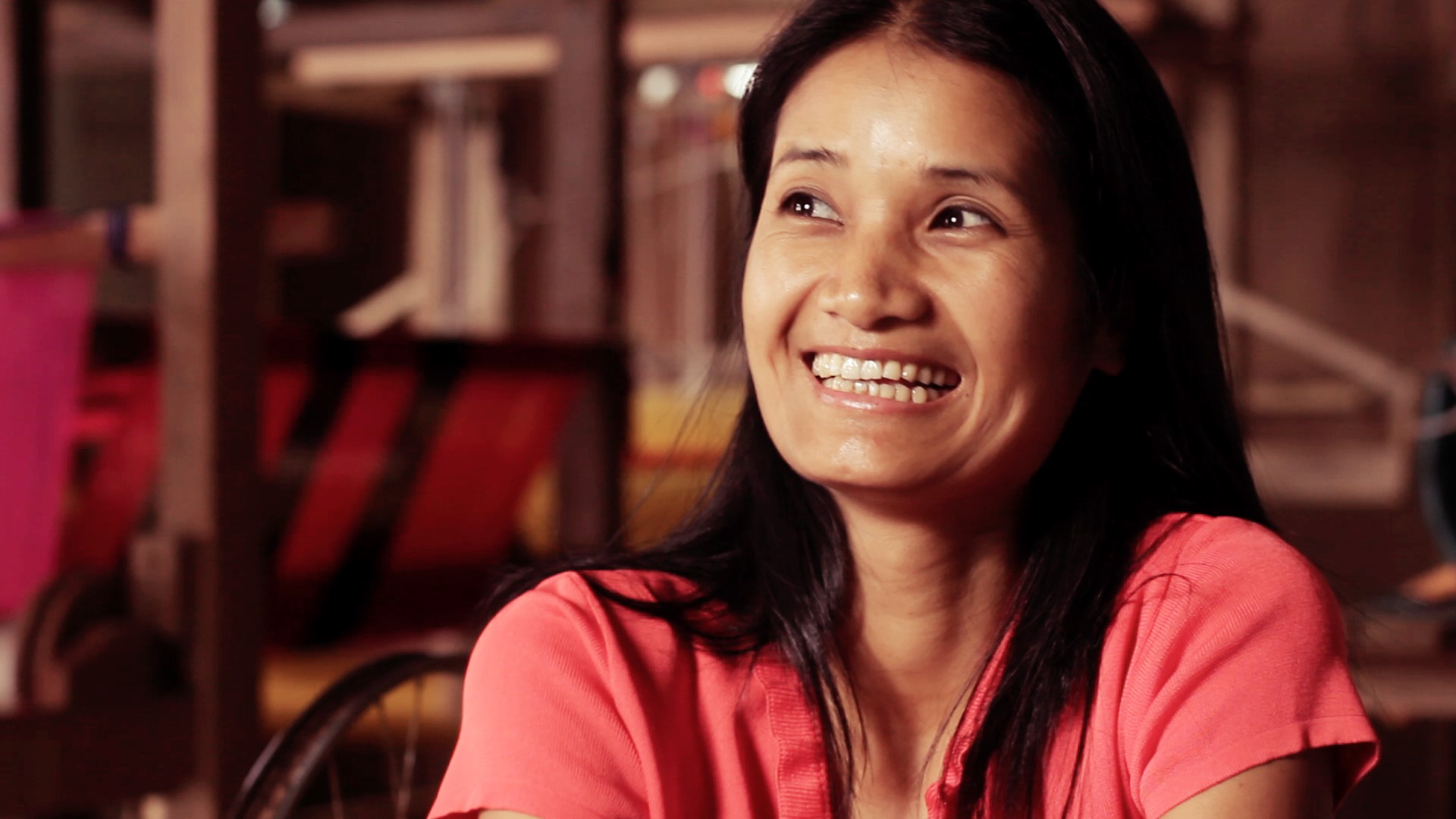
They toil day and night for a meager income. They struggle every day to bring to us an ancient tradition in the best of its form. They work with utter brilliance; their skills have been passed on for generations. However, the bearers of this tradition are among the least rewarded craftsmen (or rather, craftswomen) in the country. Meet the weavers of Mizoram – and lend them a helping hand!
Make an impact
Lend now to a weaver in Mizoram and help them weave a better future for themselves.
As the 5 a.m. sun rose over the rolling hills and valleys that cradle Mizoram, a beautiful young mother roused her little boy and helped him bathe, and dress. His mother, Lalfakzuali, moved briskly, eager to relinquish him to his grandfather. Eager to sit at her family’s looms, where she would weave alongside her mother and sisters. She was determined to build a future for herself and her son.

After her divorce, she moved back to her father’s house with her son. Back under her father’s roof, Lalfakzuali wove to earn her living. The women created intricate shawls and puans, traditional Mizo skirts from brightly colored yarn. A shawl or puan, woven over the course of a week, would fetch them at least Rs. 3000 when sold in the market. Just enough to feed Lalfakzuali, her parents, her four sisters, and her son.
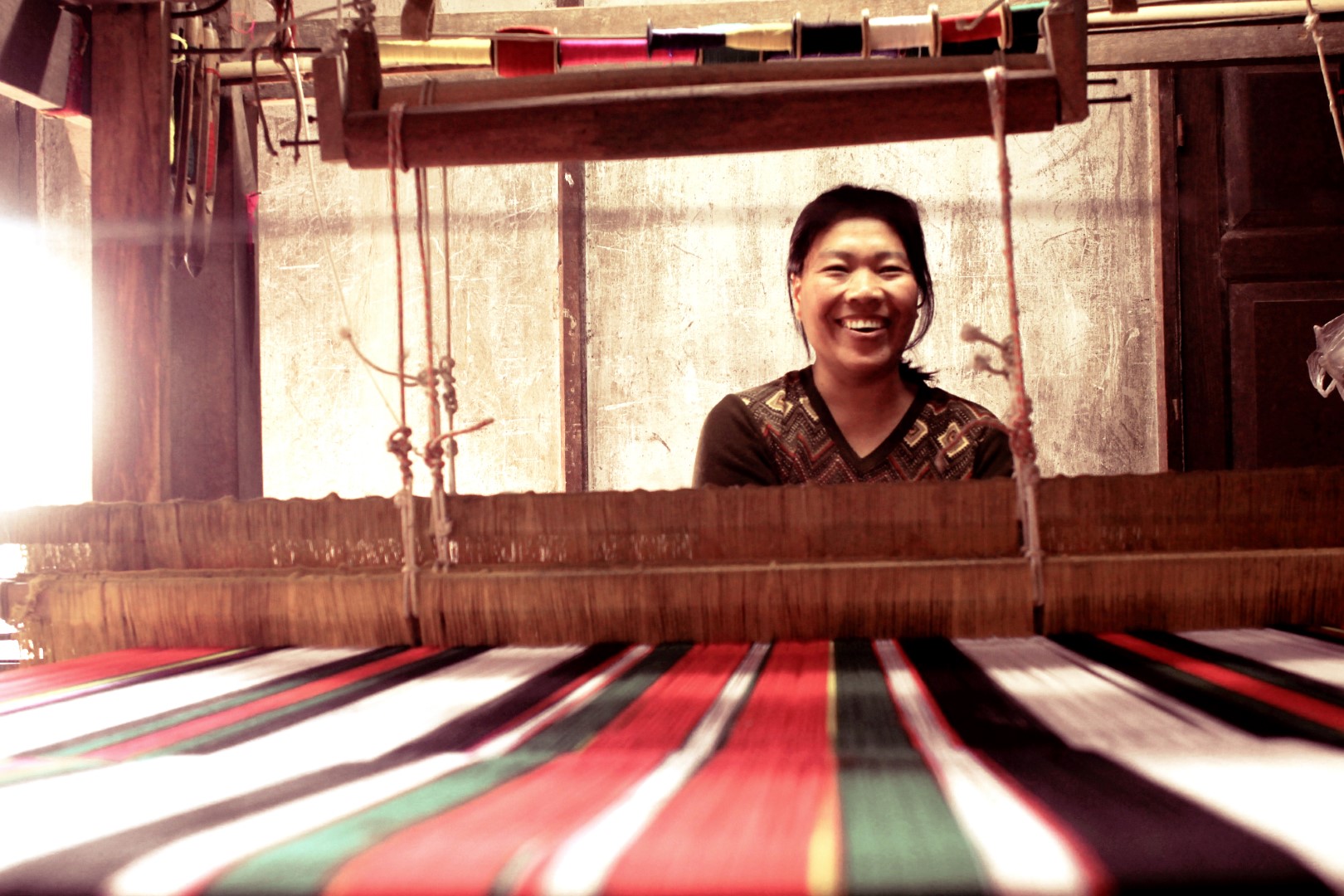
When their parents passed away, Lalfakzuali and her sisters decided to carry on the weaving business. While Lalfakzuali wove and made plans, her sisters mostly managed the sales and diversified into other businesses. Three years went by. As the demand for their shawls and puans grew, she knew it was time to share her plans.
“We should buy a third loom,” she said one day to her sisters.
“We don’t have the money,” they replied.
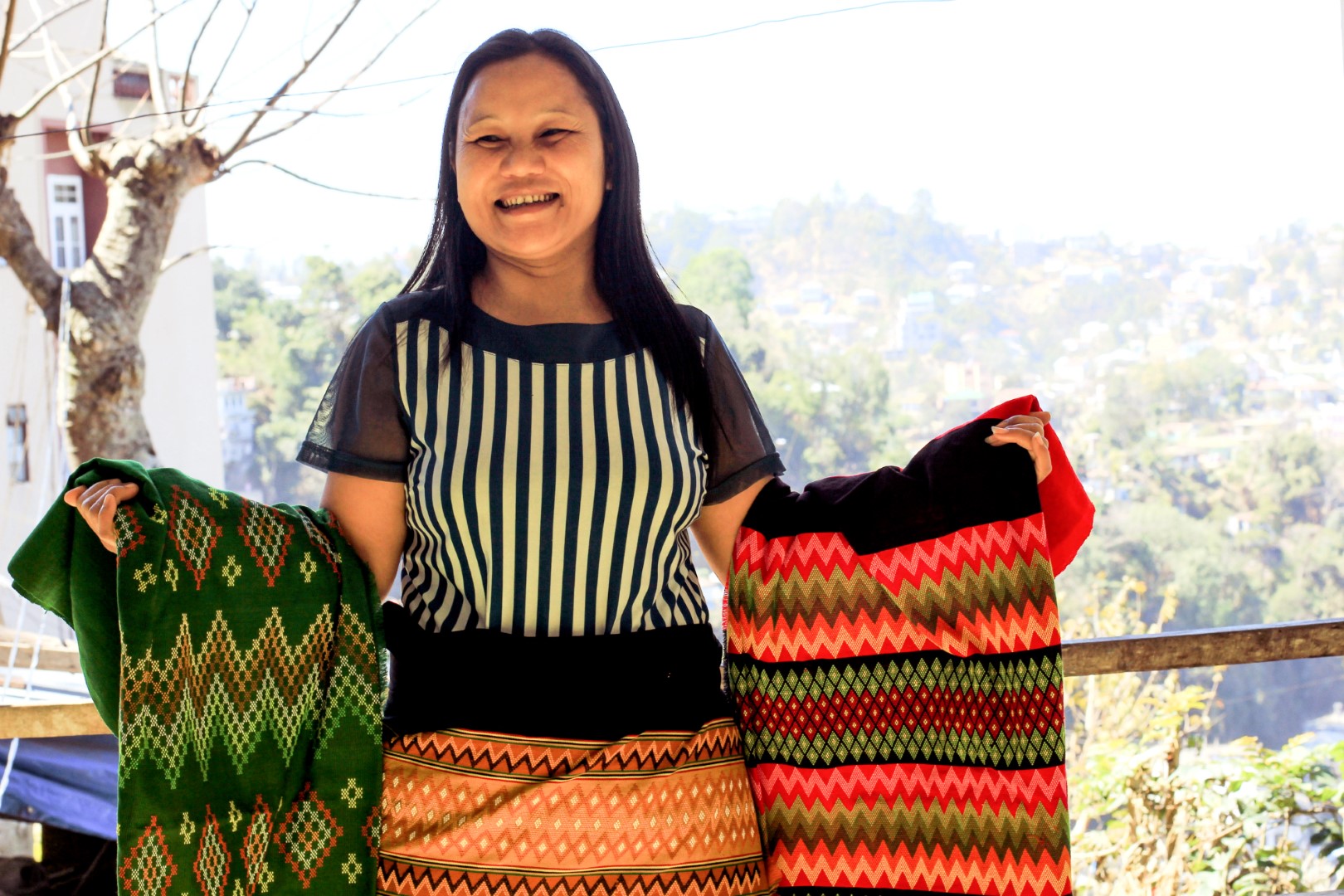
With the help of Milaap’s lending community, she was able to buy a third loom and with that her business flourished. Today, Lalfakzuali employs four more women, owns five looms, and runs a thriving business in Aizawl. She is earning enough to see her seven-year-old boy educated and she can now dream of his better future.
Lalfakzuali’s succcess is not an isolated one. It is part of a steady revolution led by empowered rural mothers across Mizoram. These mothers wake before dawn, finish off their chores, and set out to work. In a place where women were traditionally seen as subordinate to men, these rural women are fulfilling their potential – all on their own. The handloom industry continues to play an important role in the Indian economy, providing employment to 27.83 lakh households. Nearly 77 per cent of this workforce comprises of rural women.
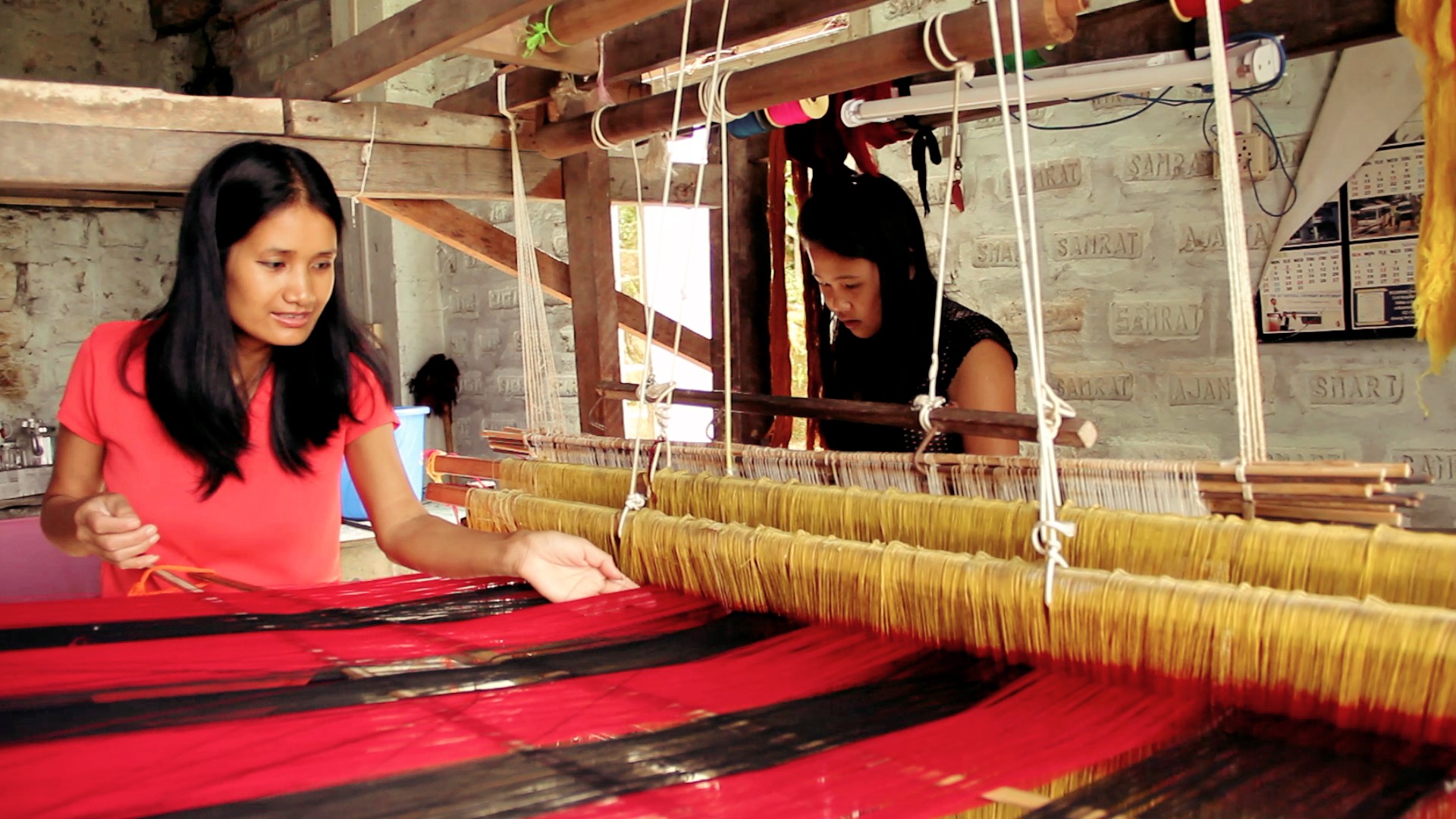
Women like Lalfakzuali have become examples for many such women, who are talented and skilled at the art of weaving, but are struggling to make enough money. Indian weavers are unfortunately stuck in a vicious circle of poverty, and most of them work for unappreciative employers. Weavers toil hard in a condition where there are no alternative opportunities left for them. A majority of them have been working in the industry since their childhood.
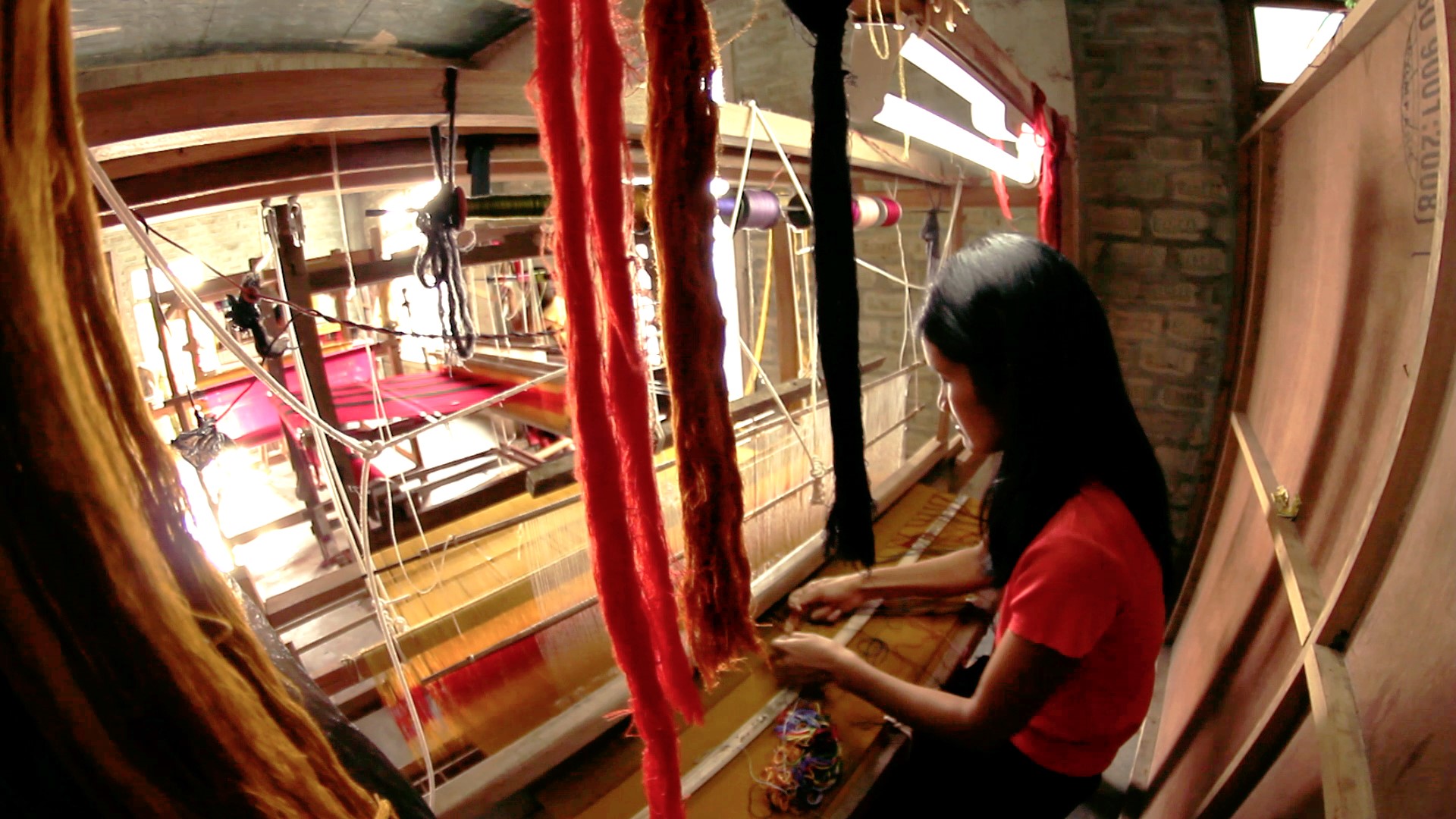
There’s a large population of weavers who are looking for the opportunity and support to realize their dreams. Given a chance, they will dedicate their days to creating amazing handicrafts. They will employ every resource available to meet their goals. Their incomes will help them access nutritious food, savings for their children’s future, and redefine their lives – if not in a traditional rural society, at least in their own homes.
Click here to support Mizoram weavers like Lalfakzuali with loans, and not charity.
If you found our stories insightful, informative, or even just enjoyable, we invite you to consider making a voluntary payment to support the work we do at The Better India. Your contribution helps us continue producing quality content that educates, inspires, and drives positive change.
Choose one of the payment options below for your contribution-
By paying for the stories you value, you directly contribute to sustaining our efforts focused on making a difference in the world. Together, let’s ensure that impactful stories continue to be told and shared, enriching lives and communities alike.
Thank you for your support. Here are some frequently asked questions you might find helpful to know why you are contributing?


This story made me
-
97
-
121
-
89
-
167











